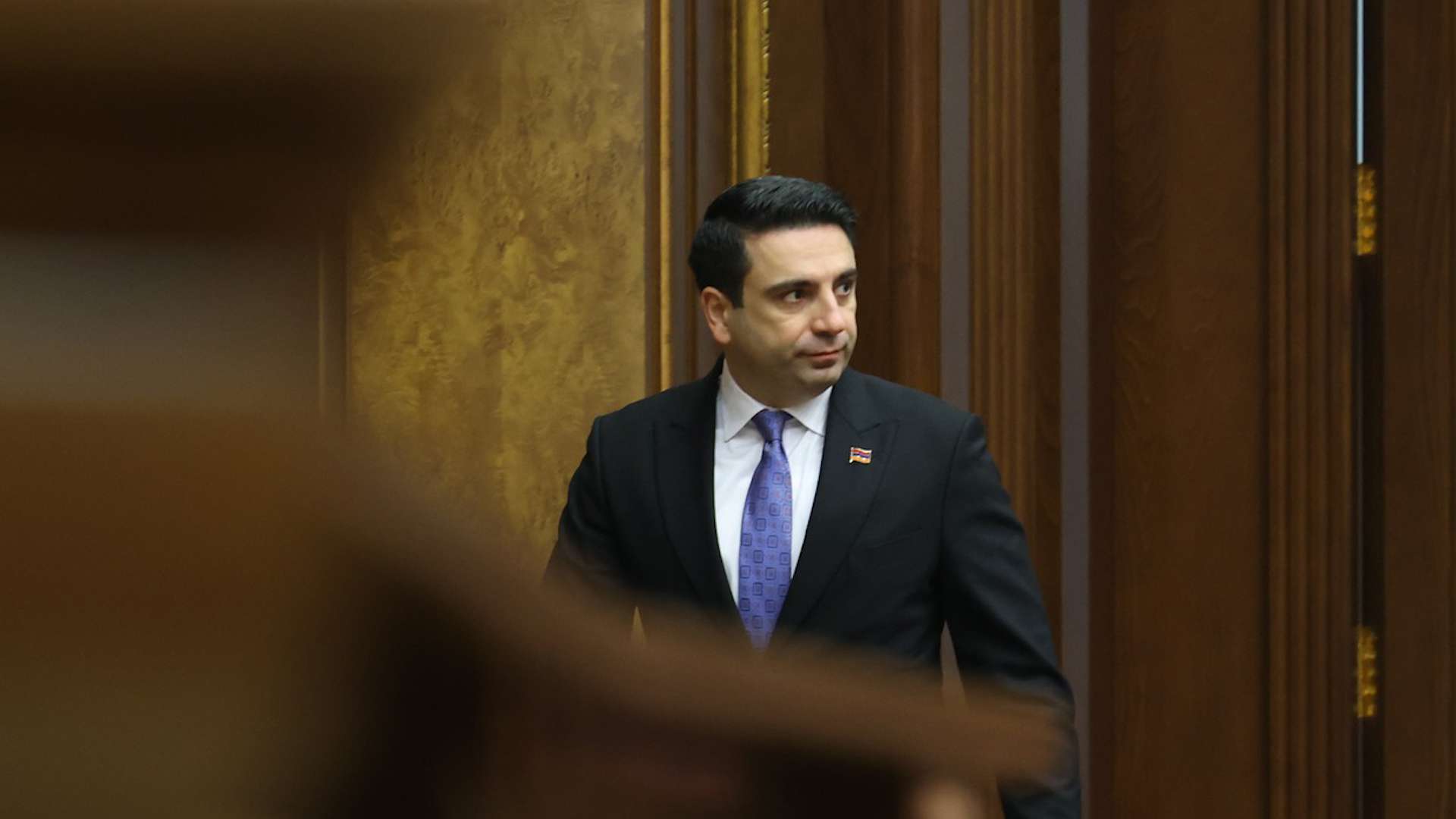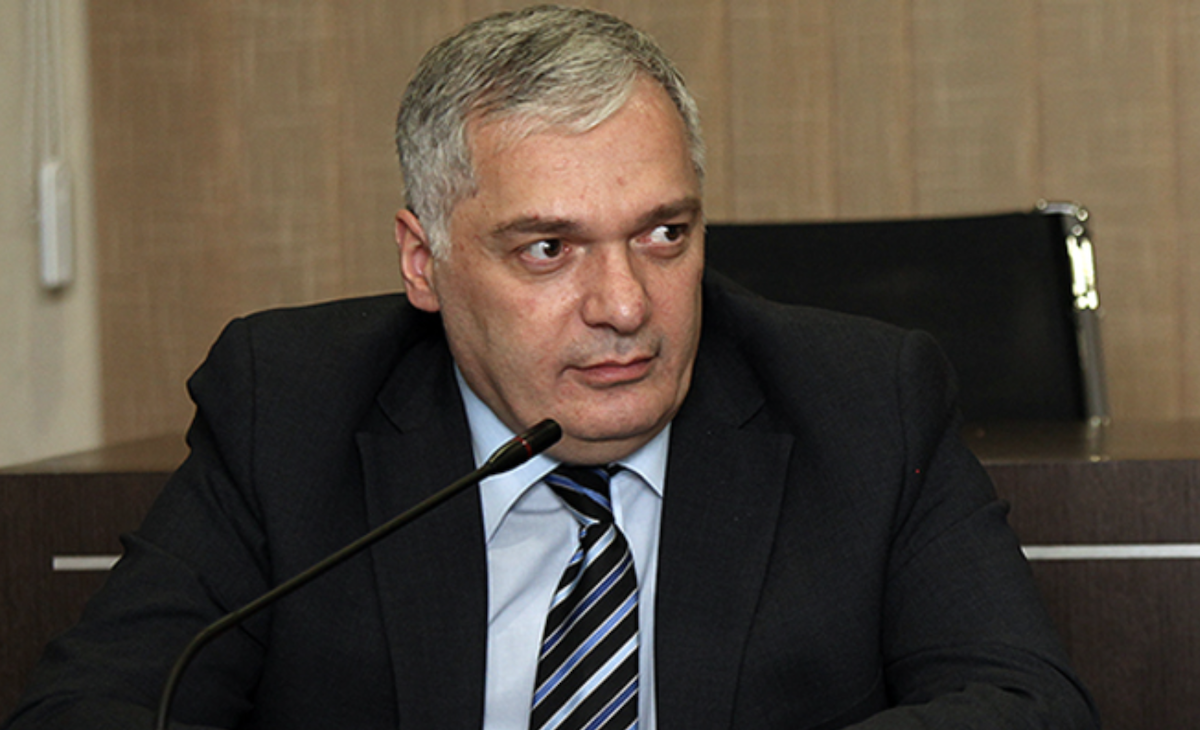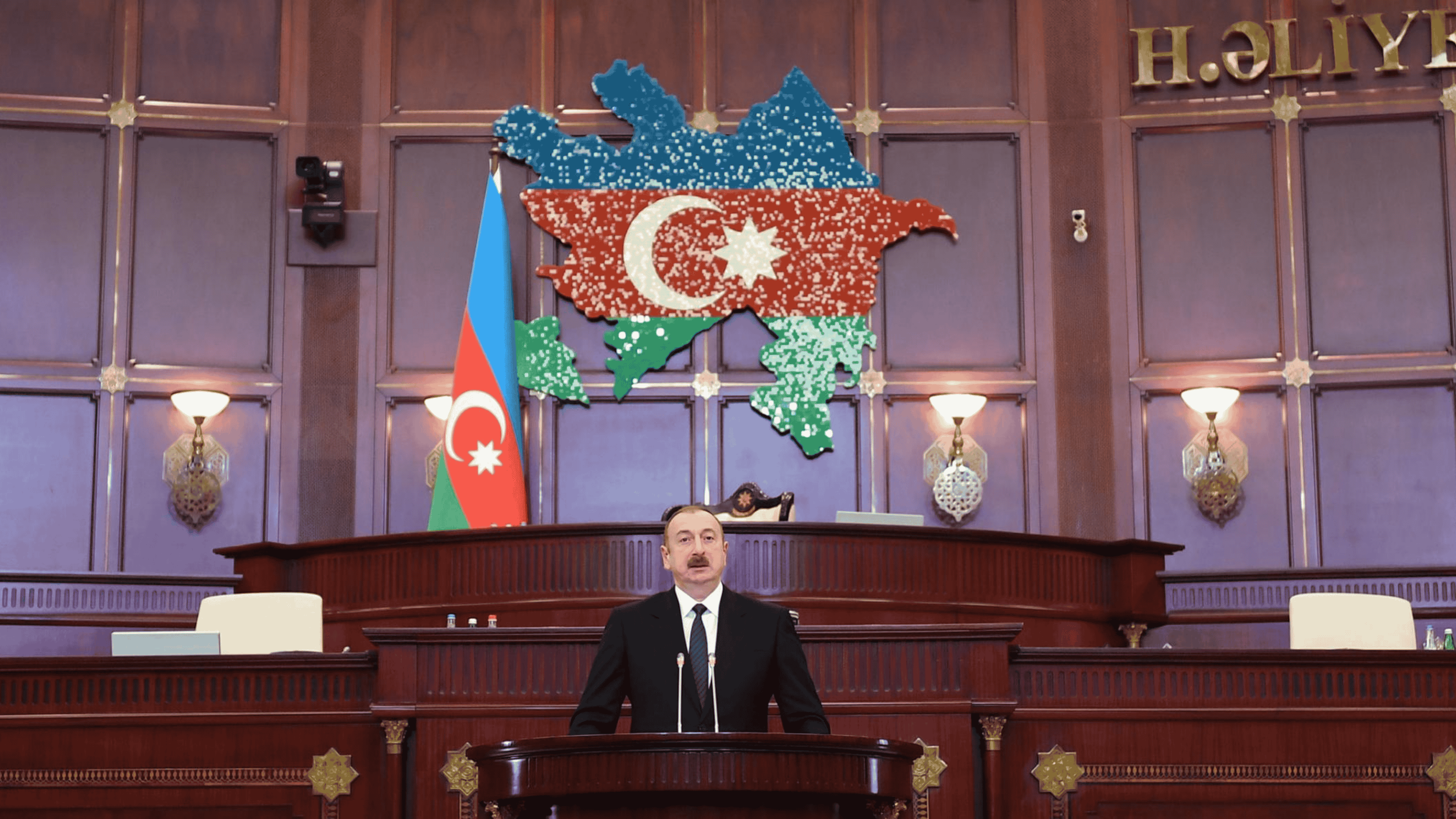Georgian Constitution may no longer restrict tax increases
The Georgian Constitution contains a provision under which it is prohibited to either increase taxes or add new ones without holding a referendum.
The authorities have decided to change this norm.
However, businessmen warn that the abolition of Article 94 of the Constitution will result in the deterioration of the country’s investment environment will affect its economic development.
The businessmen released a special statement which is being signed by nearly all representatives of the country’s business-circles. As is pointed out in the statement, ‘the fact that raising taxes was impossible, which was enshrined in the Constitution, has formed a sense of stability and created a favorable background for attracting investments in Georgia. A foreign investor is first of all interested in a country’s tax legislation. Therefore, this provision makes Georgia more attractive compared to its rivals’.
Mikheil Kordzakhia, the Head of the Georgian Employers’ Association (GEA), believes that not only businesses, but also ordinary citizens will be at risk. Should this article be removed, they are going to face the unpleasant prospect of an income tax increase:
“We believe that if it’s decided to abolish this article, it will be a political rather than an economic decision,” Kordzakhia told the Ekho Kavkaza (Echo of the Caucasus) media outlet.
What are the arguments of those who initiated the aforesaid amendments?
The amendments were initiated by the ‘Constitution for Equality’ movement, which is comprised of left-wing organizations such as: the Social-Democratic Party, ‘Auditorium 115 students’ movement, ‘Young Socialists’, as well as a few trade unions and some other organizations.
The major argument is that the given amendment allows the political leadership to form and adjust the country’s economic policy, making it more socially responsible.
In their opinion, when voting in elections, the citizens should choose themselves what kind of power they need: that which will increase taxes, or, abolish them. They believe that the Constitution should not prohibit a particular tax policy, referring also to the fact that none of the world constitutions provide for such a prohibition.
However, the businessman regard that very ‘uniqueness’ as decisive. In their opinion, the article ensures the stability and transparency of the fiscal policy and makes the country one of the most attractive for foreign investments in the entire region.
- The Georgian Constitution is going to face some sweeping changes in the near future. The ruling ‘Georgian Dream’ coalition, which enjoys the constitutional majority in the country’s Parliament, is expected to radically change the country’s basic law. The constitutional amendments will, among others, concern the presidential election procedure.
- The Georgian legislation provides for five types of taxes that cannot be increased without nationwide consent: a flat income tax, a profit tax, VAT, import tax and property tax. Unlike European countries, Georgia doesn’t have a legacy or social security tax.
- Article 94 of the Constitution, which provides for holding a referendum in case of an increase in taxes, was adopted in 2010, during Mikheil Saakashvili’s presidency, and it was referred to as the ‘Liberty Act’. This article was adopted as part of the then-ongoing process of liberalization of the country’s economy. Under the law, a referendum necessary to increase taxes can only be initiated by the government, and no longer requires 200,000 signatures, as in the case of any other referendum.



















